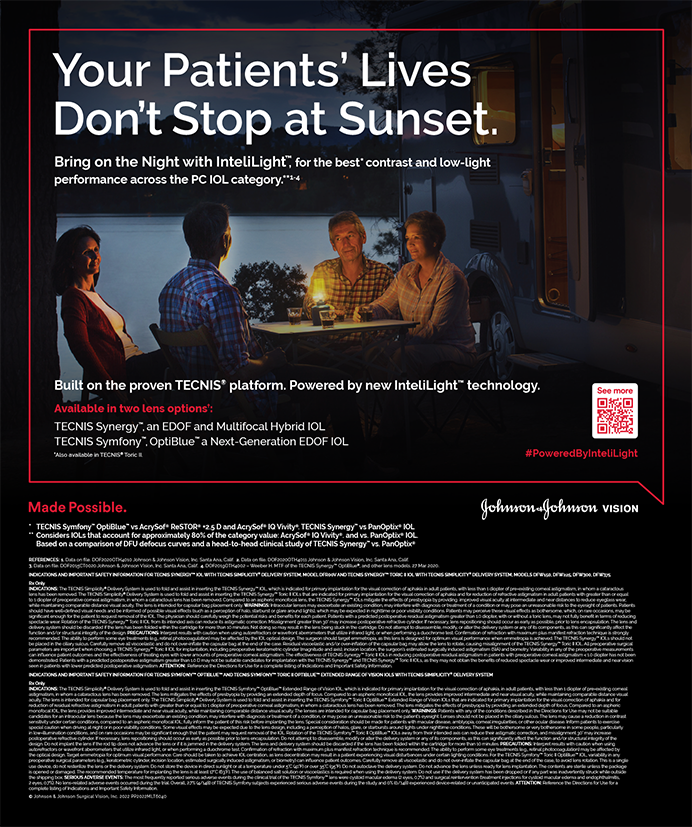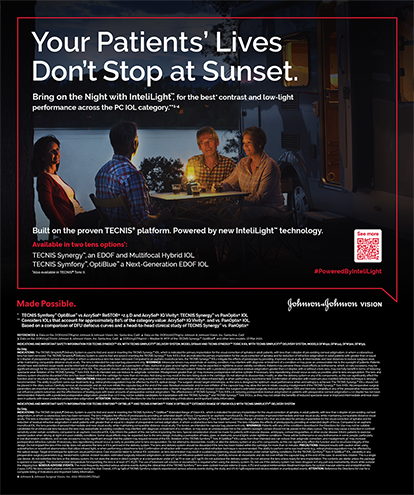
It’s easy to interact with staff members in a positive manner and to keep things running smoothly when everything is going well. But when things get challenging, everyone—including the staff—is worried about how they’re going to manage patient care in a new environment in addition to their own personal lives. Financial implications of tough times are usually a magnitude greater for staff members than they are for those with professional degrees. Under these stressful situations, true leaders show grace under pressure with a calm, cool, and collected demeanor.
This, in my opinion, is the most important characteristic that physicians-leaders can strive for. The ability to stay objective and rational, so that we can thoughtfully manage conflict as it arises, is essential. As we all know, the culture, the attitude, and the overall atmosphere of a practice comes from the top. It doesn’t start with the practice’s employees; it starts with the physician and trickles down to everybody else.
Fortunately, regardless of what happens politically or economically in this country, there are constants. Eye disease is not going to go away, nor is the need to take care of patients. Challenging times are inevitable—we’ve certainly had our fair share in the past 8 months.
As leaders, we must remember that we’re in it for the long haul. Our actions should always be in service of the overall goals of our patients and our practice, and creating a functional and positive office atmosphere for staff members is one way to do that. This mantra translates to better care for patients, as patients spend the majority of their time with staff members, not the physician.
Staff members must feel that the physician’s heart and mind are in the right place, especially during a crisis, in order to do their jobs effectively. A leader who is visibly overwhelmed, stressed, or negative in the workplace will negatively influence the staff—and subsequently the patients—to the detriment of the practice’s goals.
Maintaining control of one’s temperament is easier for some than it is for others. This is one of the hardest things for a physician to do, and in some ways it is more challenging than seeing patients, making diagnoses, and even performing surgery. But all physician-leaders must do their best to keep this in mind and to lead by example, so that we can empower the team around us and offer the best possible care to our patients.
Everything we do and every word we speak to our staff has the power to either positively or negatively impact our practice. Remember that your staff members look to you for guidance, both consciously and subconsciously. We must wield this power of influence thoughtfully and with care.




